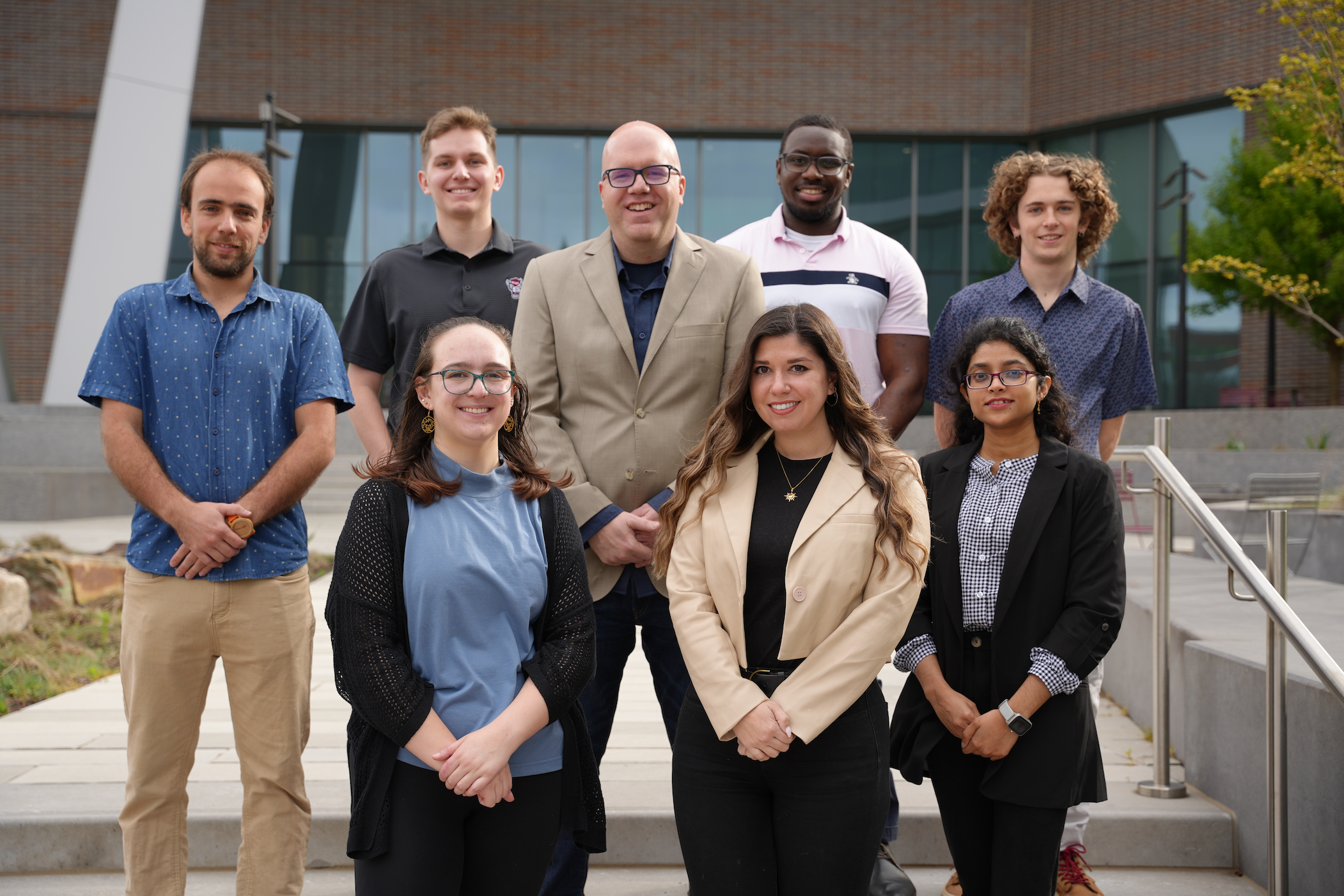 M.S. student Sarah Grace Lott was selected as a Global Change Research Fellow by the Southeast Climate Adaptation Science Center. Sarah Grace will participate in the 2025-2026 cohort and receive training and collaborate with students from across disciplines in climate science.
M.S. student Sarah Grace Lott was selected as a Global Change Research Fellow by the Southeast Climate Adaptation Science Center. Sarah Grace will participate in the 2025-2026 cohort and receive training and collaborate with students from across disciplines in climate science.
The fellowship program is designed to train the next generation of global change scientists by providing financial, scientific, and professional development support for graduate students who are interested in multi-disciplinary research. They come together across disciplines to discover, collaborate, and share their knowledge with diverse stakeholders. Learn more about the program at the SECASC web site.
Congratulations to Sarah Grace!


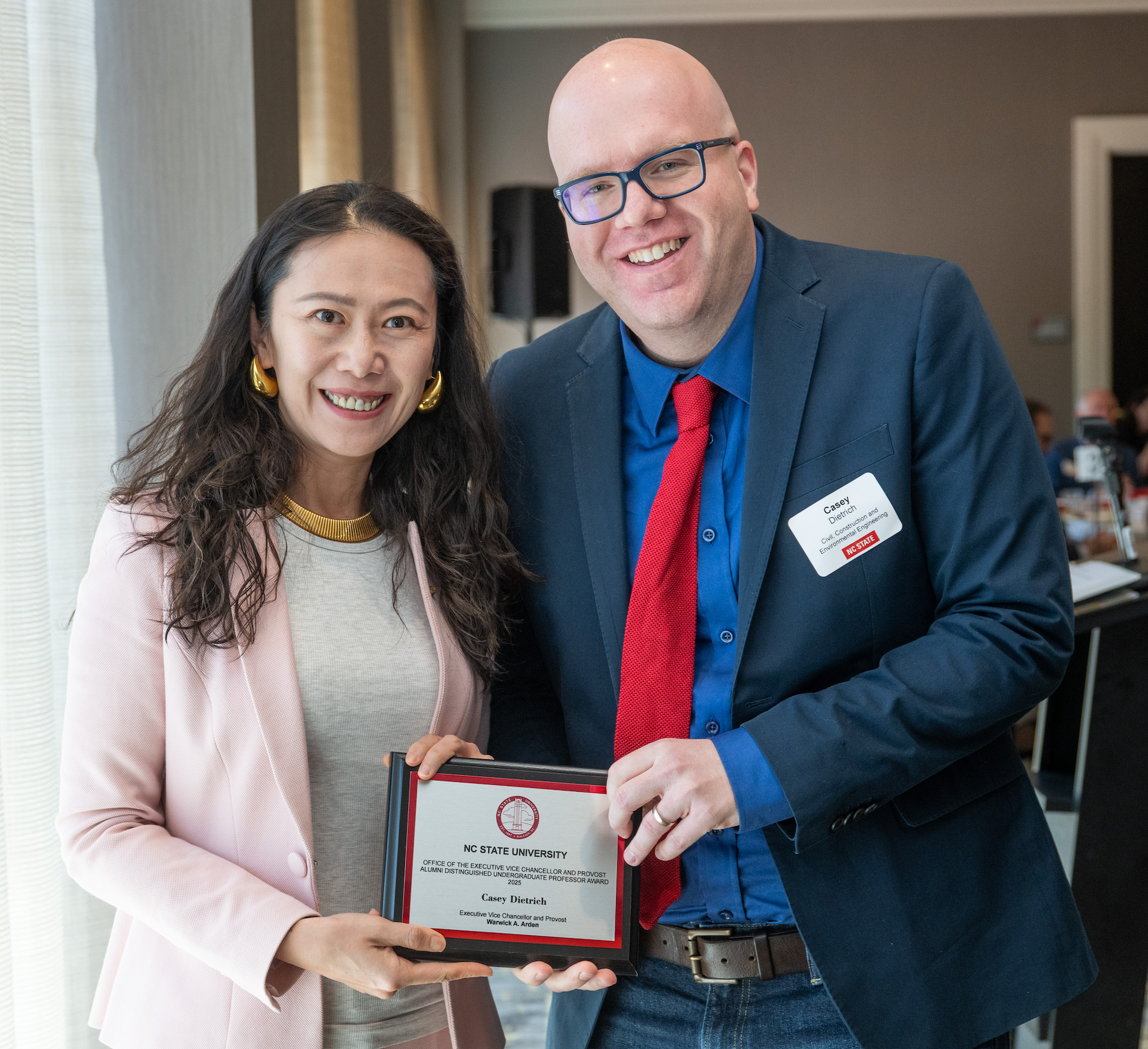
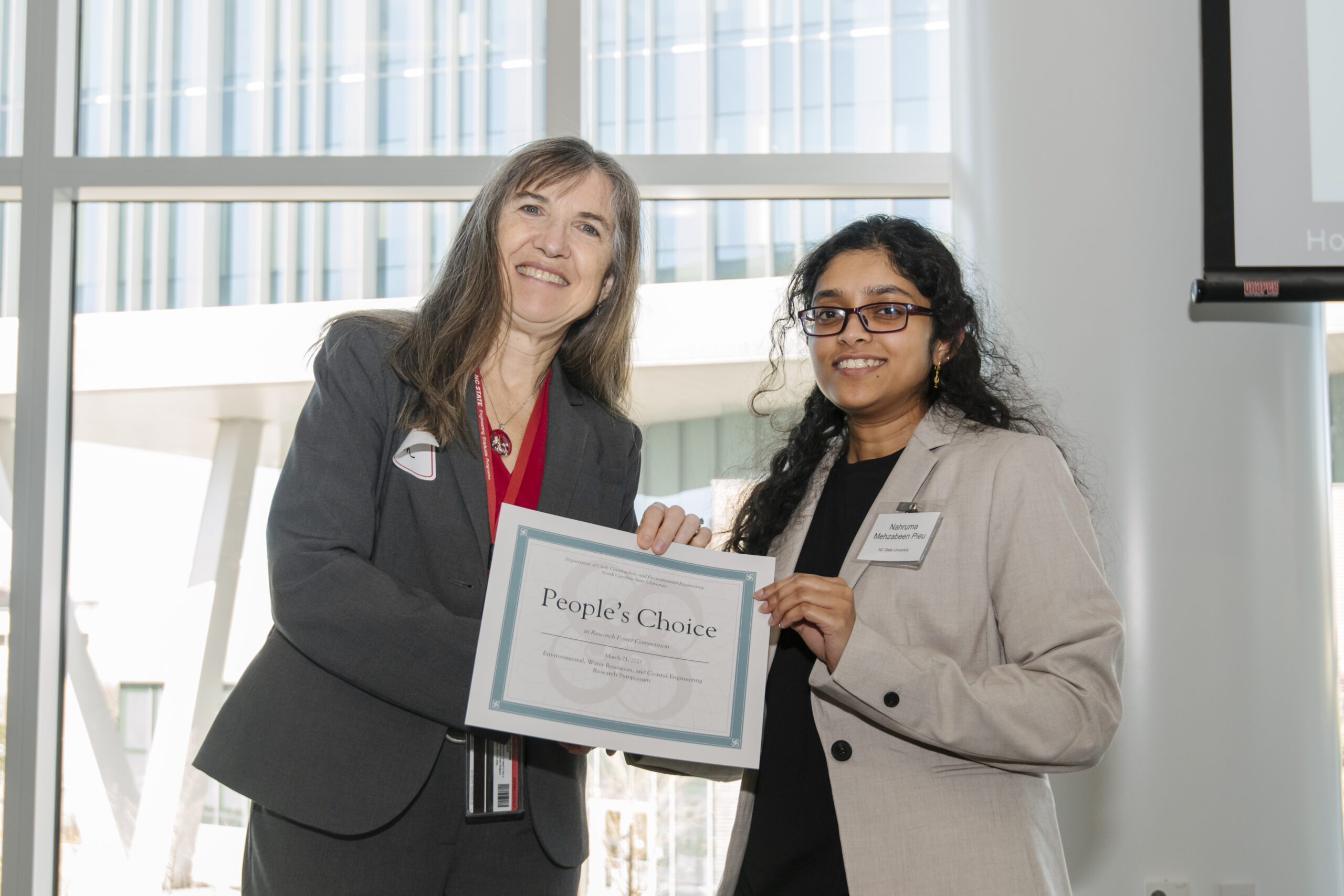
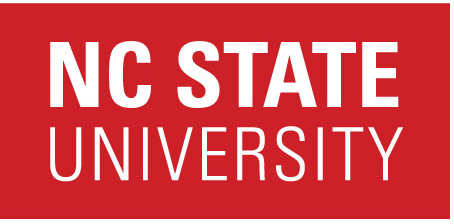
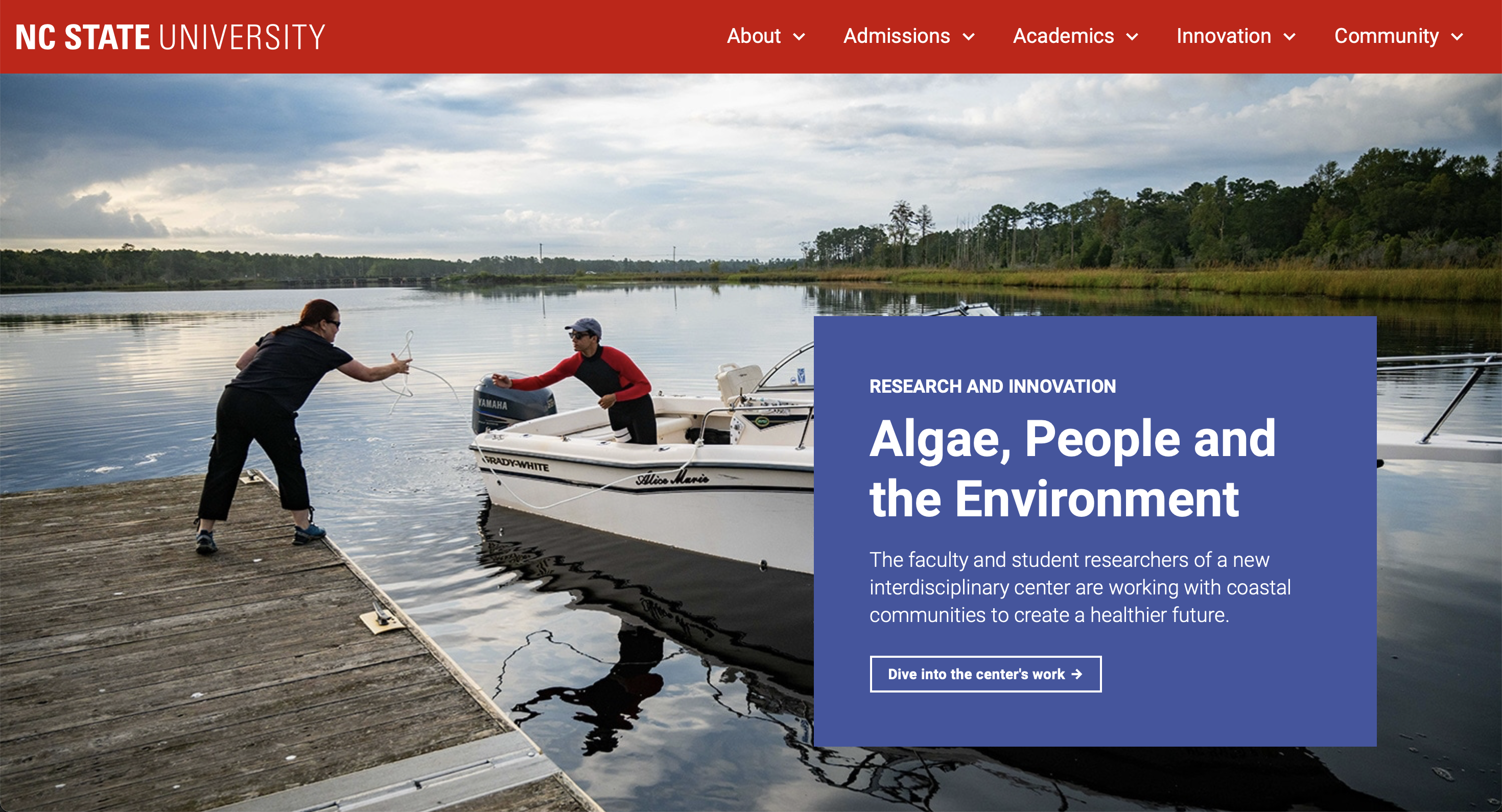
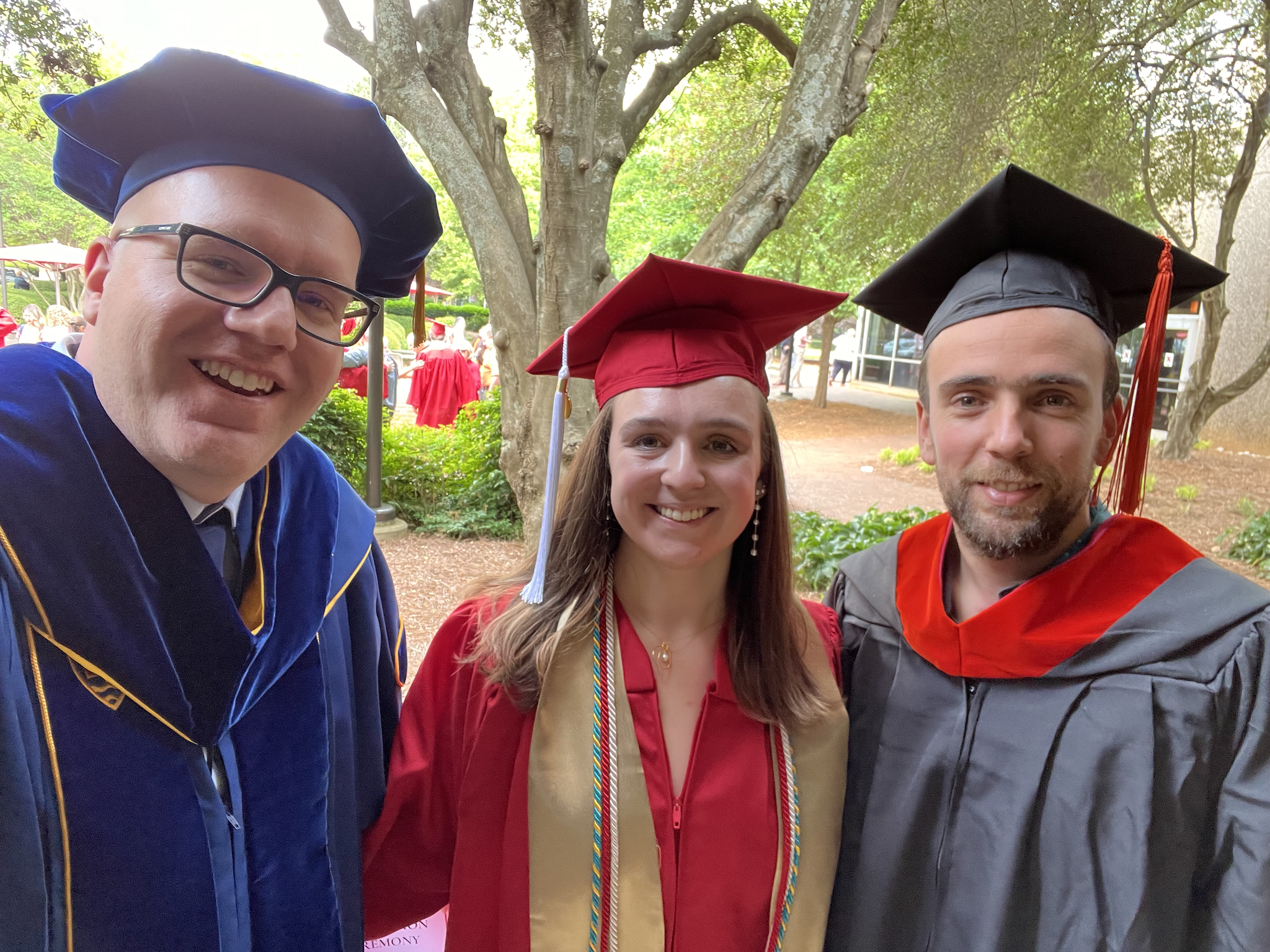
 Undergraduate student Brandon Tucker won an Outstanding Senior Award for Scholarly Achievement, which recognizes exceptional academic performance including participation in undergraduate research. Brandon was among four outstanding seniors
Undergraduate student Brandon Tucker won an Outstanding Senior Award for Scholarly Achievement, which recognizes exceptional academic performance including participation in undergraduate research. Brandon was among four outstanding seniors 